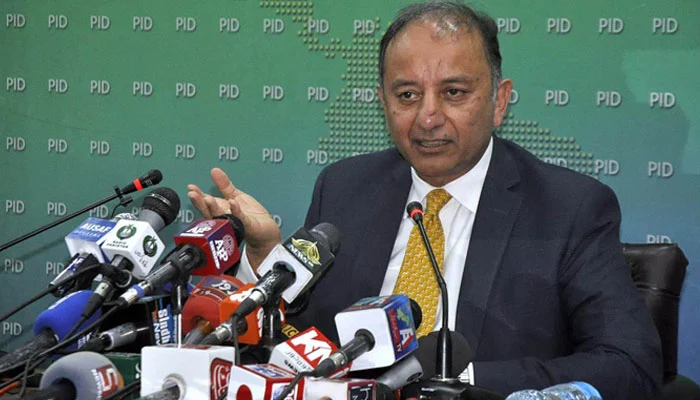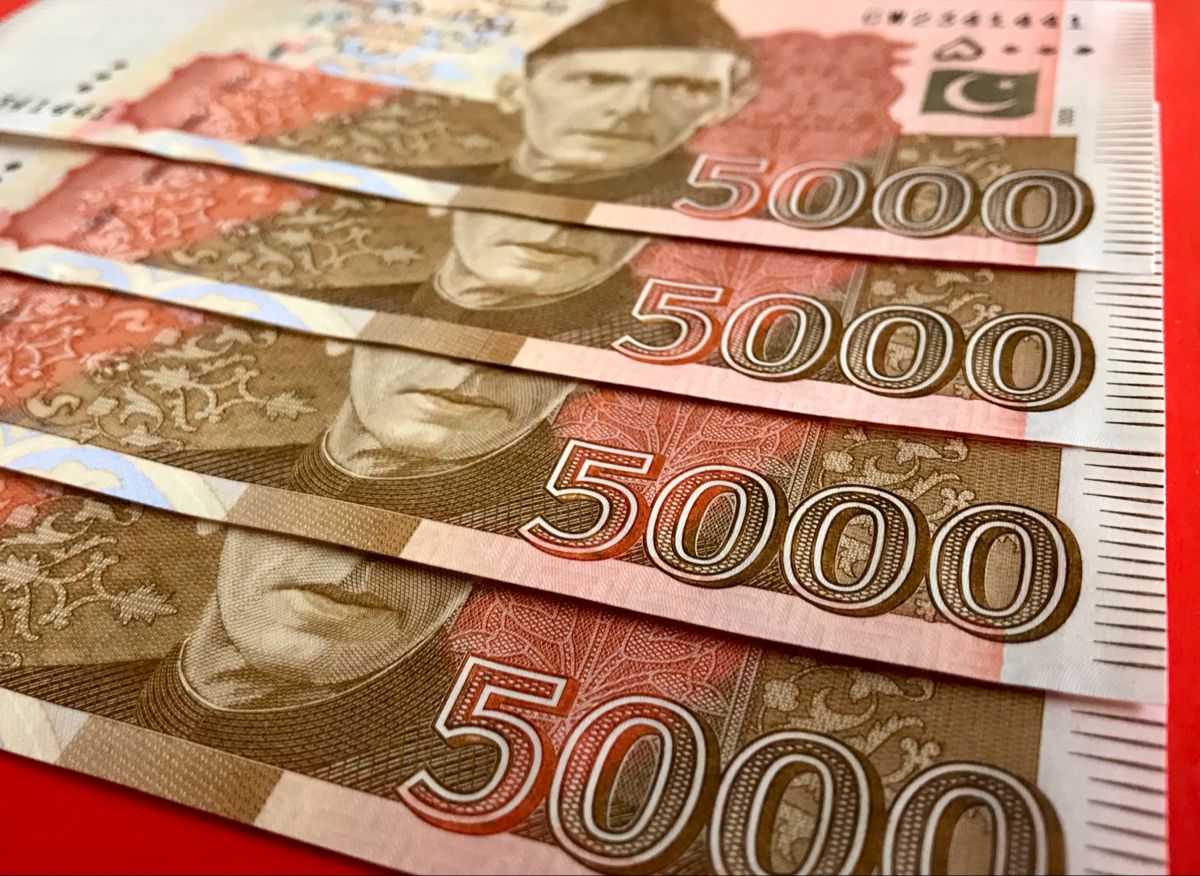PTBP Web Desk
Pakistan has postponed its liquefied natural gas (LNG) contract with Qatar for a year, moving the delivery timeline to 2026 instead of 2025, as announced by Petroleum Minister Musadik Malik on Wednesday. The decision reflects ongoing economic challenges and efforts to manage energy costs in the country.
Pakistan’s annual electricity consumption has witnessed a significant decline of 8-10% year-on-year over the past three quarters. According to the nation’s power minister, this drop is largely attributed to higher electricity tariffs, which have discouraged household consumption. As over a third of the country’s electricity is generated from natural gas, the reduction in power usage directly impacts LNG demand.
This decision to defer LNG cargoes comes amid a broader strategy to optimize energy resources. Malik noted that five LNG cargoes from Qatar are being postponed, with negotiations underway to defer an additional five cargoes from other markets. However, the minister refrained from disclosing the names of these countries.
In November, the Pakistani government announced a reduction in electricity tariffs during the winter season. The move aims to incentivize electricity consumption while reducing the reliance on natural gas for heating. This strategy is expected to alleviate pressure on gas supplies and manage costs effectively.
The decline in electricity demand during winter months has also led to operational challenges for power utilities. Many utilities have been forced to curtail or completely halt operations as demand drops by up to 60% compared to peak summer levels. This seasonal fluctuation underscores the importance of efficient resource allocation and planning.
The deferral of LNG cargoes aligns with Pakistan’s cautious approach to procuring LNG in the face of fluctuating global market conditions. In an interview with Reuters in June, Malik emphasized that Pakistan is unlikely to purchase LNG cargoes on the spot market until at least the beginning of winter in November. The decision was driven by concerns over oversupply and high prices in the spot market, which have posed challenges for cost-effective procurement.
Pakistan’s reliance on LNG imports has grown over the years due to dwindling domestic gas reserves. However, the volatile global energy market, coupled with the country’s economic constraints, has necessitated a more strategic approach to LNG procurement and usage.
Qatar has been a long-standing partner in meeting Pakistan’s energy needs. The LNG contract with Qatar represents a critical component of Pakistan’s energy strategy, ensuring a stable supply of natural gas to fuel its power plants and industrial operations. By deferring the LNG cargoes, Pakistan aims to align its energy imports with domestic demand trends and financial capabilities.
The deferment also highlights Pakistan’s efforts to negotiate favorable terms with its energy suppliers. Malik’s remarks reflect the government’s commitment to balancing energy security with economic sustainability. While the immediate focus is on managing costs and optimizing resources, the long-term strategy involves diversifying the energy mix and enhancing domestic production.
Pakistan’s energy sector faces multifaceted challenges, including declining domestic gas reserves, fluctuating global energy prices, and seasonal demand variations. The government’s initiatives, such as the deferment of LNG cargoes and the reduction of electricity tariffs, aim to address these issues while ensuring energy accessibility for consumers.
However, achieving energy security requires a comprehensive approach. Investments in renewable energy, energy efficiency measures, and infrastructure development are essential to reducing reliance on imported fuels and enhancing the resilience of the energy sector.




